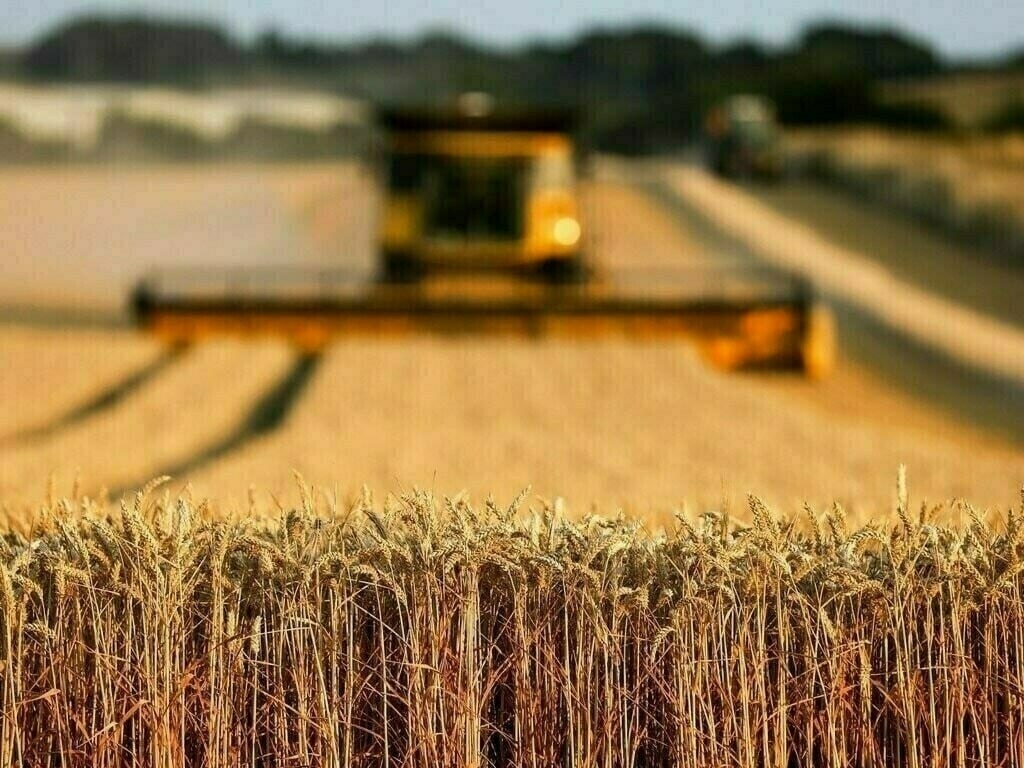Tags
The rot in agriculture

EDITORIAL: The prime minister’s visible frustration over the out-of-date state of Pakistan’s agriculture sector is entirely justified — and long overdue. For far too long, policymakers have treated the country’s most vital economic backbone with an indifference that borders on criminal neglect. It is no exaggeration to say that Pakistan still farms like it did a century ago.
The consequences are not limited to lost yields or outdated techniques; what is at stake is the systematic erosion of a comparative advantage we once held over many developing economies, and one that directly underpins our largest export sector: textiles.
Despite being the largest employer in the country and the source of raw material for our flagship textile industry, agriculture continues to suffer from a near-total absence of mechanisation. Centuries-old irrigation methods still dominate the landscape. Seeding, fertilising, harvesting — all remain largely manual processes. There has been little to no effort to modernise the sector, adopt precision farming technologies, introduce efficient water management systems, or digitise data for better crop planning. The result is a sector in perpetual stagnation, unable to meet domestic food needs efficiently or scale up to meet export potential.
This is not for lack of knowledge or resources. Around the world, countries with far less fertile land and fewer water resources have turned to technology, data, and mechanisation to transform their agriculture sectors. From satellite-guided sowing to drip irrigation, and from genetically improved seed varieties to AI-powered yield prediction models, modern agriculture has become a field driven by innovation. In Pakistan, however, even basic reforms such as land record digitisation, soil testing, or providing access to certified seed remain elusive.
The prime minister’s ire is therefore not just politically understandable but economically necessary. When a country chooses to ignore a sector that feeds its people, employs its labour force, and fuels its most important industry, it is not just failing at governance — it is actively choosing decline. The costs of this failure are visible everywhere: declining per-acre yields, farmer indebtedness, food inflation, and a ballooning import bill for commodities we should be producing ourselves.
The textile sector, which accounts for the bulk of our exports and foreign exchange earnings, relies on a robust supply of raw cotton and other agri-based inputs. But thanks to outdated farming practices and a systemic lack of planning, even this backbone industry is suffering. When the quality of cotton declines or its availability becomes erratic, the entire textile chain — from ginning to garments — faces disruption. In the absence of local inputs, mills are forced to import cotton, further eroding our trade balance and competitiveness.
Moreover, the water crisis makes the need for modern irrigation all the more urgent. Canal-based flood irrigation results in massive losses — as much as 40 percent of water is lost due to seepage and evaporation. Yet, despite mounting evidence, we continue to cling to these wasteful methods, ignoring more sustainable practices such as sprinkler or drip irrigation. This is not just inefficient — it is irresponsible.
It is high time that agriculture policy be lifted out of its bureaucratic slumber and reimagined as a national security imperative. The sector needs an urgent and complete overhaul, one that begins with acknowledging its centrality to economic resilience and food sovereignty. This means investing in mechanisation, incentivising research and development, building supply chain infrastructure, reforming outdated land tenancy laws, and giving farmers access to capital and insurance.
Equally important is a cultural shift within governance. Ministers, secretaries, and department heads must be held accountable for delivering tangible progress. Pilot programmes in modern farming techniques must be tested, scaled, and assessed transparently. International expertise should be invited not just for optics but to integrate actionable learning into domestic practice.
In short, if Pakistan wants to arrest the rot and return agriculture to its rightful place as a driver of growth and stability, then this moment — catalysed by the prime minister’s frustration — must not be wasted. The country cannot afford any more delay.
The land is ready. The time is now.
Copyright Business Recorder, 2025
https://www.brecorder.com/news/40359822/kohala-hydropower-project-chinese-co-urges-pakistan-govt-to-extend-losPublished Date: April 26, 2025







